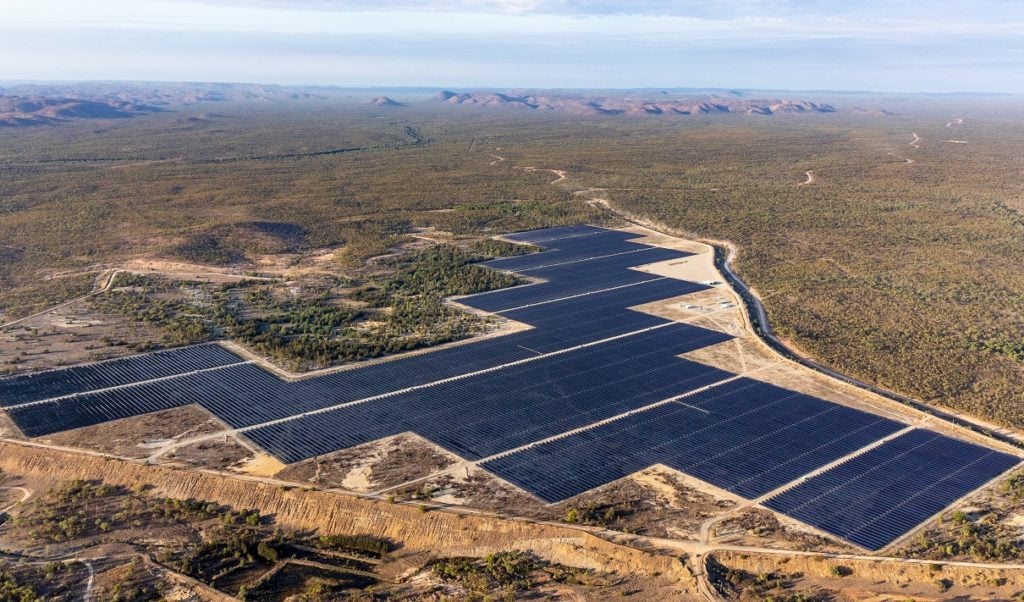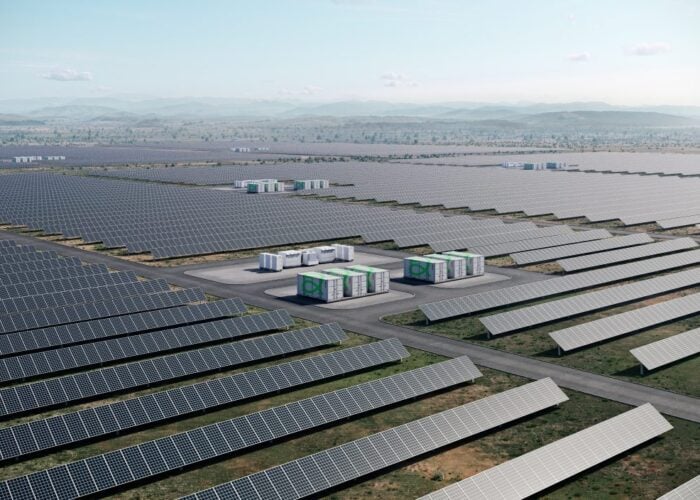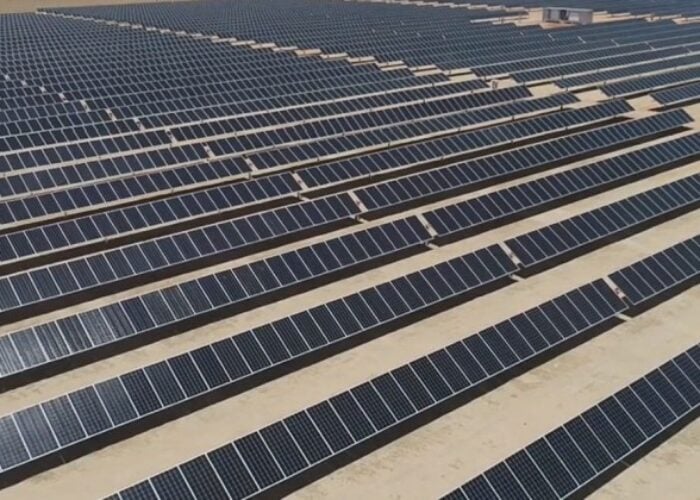
The Queensland government has announced plans to reform the approval process for solar PV and wind generation sites in the Australian state, with a need to secure binding agreements with local governments.
Revealed yesterday (1 May) by Jarrod Bleijie, the deputy premier and minister for state development, infrastructure and planning, as well as the minister for industrial relations, renewable energy developers will be required to enter into a binding community benefit agreement with the local government before lodging a development application.
Try Premium for just $1
- Full premium access for the first month at only $1
- Converts to an annual rate after 30 days unless cancelled
- Cancel anytime during the trial period
Premium Benefits
- Expert industry analysis and interviews
- Digital access to PV Tech Power journal
- Exclusive event discounts
Or get the full Premium subscription right away
Or continue reading this article for free
Specifically, developers must secure a social licence by demonstrating how projects will deliver long-term benefits for affected communities.
The reform will also make large-scale solar PV power plants assessable and subject to public notification. It will be susceptible to the same development application rules as other renewable energy developments, notably wind.
Under the current rules in the state, development applications are often handled by the local planning authority. The authority prescribes a level of assessment for a proposed development.
However, the changes will make the Queensland government the statewide assessment manager for solar PV power plants.
This will be similar to the new arrangement for wind generation sites, announced at the start of the year, which has been described as “strict” by those across the industry, including law firm Allens. The law firm has been involved in several solar PV deals in recent years, including financing for the 250MW Goorambat East Solar Farm.
Deputy premier takes swipe at the previous government’s energy policy
Bleijie said the changes are part of the Liberal National Party (LNP) of Queensland’s manifesto pledge to deliver benefits for regional Queenslanders and give them a say on large-scale renewable energy developments.
“These changes to the Planning Act mean renewable energy projects will have to engage early and authentically with communities and local governments and contribute a long-lasting legacy for their regions,” Bleijie said before taking a swipe at the previous government’s energy policy.
“Unlike Labor, we’re introducing more transparency and clarity for solar and wind farms, so that their developers are subject to the same rigorous processes as other major projects, including community consultation.”
The LNP of Queensland, under the leadership of David Crisafulli, won the state election in October 2024.
Since taking office, the LNP of Queensland has sought to pursue renewable energy projects that it deems “reasonable and realistic.”
One of the first casualties of this stance was the 5GW/120GWh Pioneer-Burdekin Pumped Hydro Project, deemed the world’s largest pumped hydro project, as reported by our sister site Energy-Storage.news. It was scrapped because it was “not financially viable, not environmentally appropriate, and the community was never consulted.”
LNP of Queensland to deliver five-year Energy Roadmap
Alison Smith, CEO of the Local Government Association of Queensland, has welcomed the introduction of these rigorous planning rules for large-scale solar PV power plants.
“Since 2018, multiple resolutions have been passed by local government calling for reforms to improve renewable energy development outcomes, in recognition of the economic, social and environmental impact these developments have on local communities,” Smith said.
Last month, Crisafulli’s government announced plans to deliver a new five-year Energy Roadmap by the end of this year. This is expected to help the state deliver support for coal-fired power, invest in gas, and provide backing for smaller pumped hydro energy storage sites.
At the time, Queensland’s energy minister, David Janetzki, emphasised that the state government’s new energy plan would be based on “economics and engineering, not ideology,” attacking the previous Queensland Labor government, which Janetzki claims pursued renewables without a credible financial plan.






